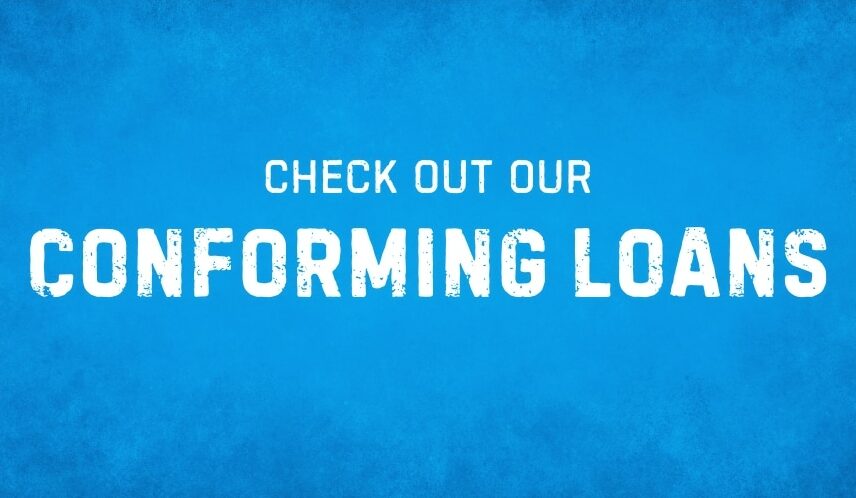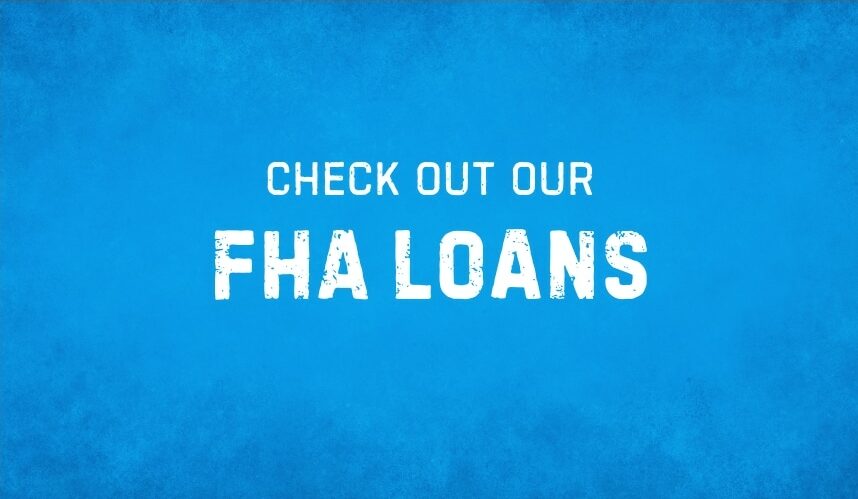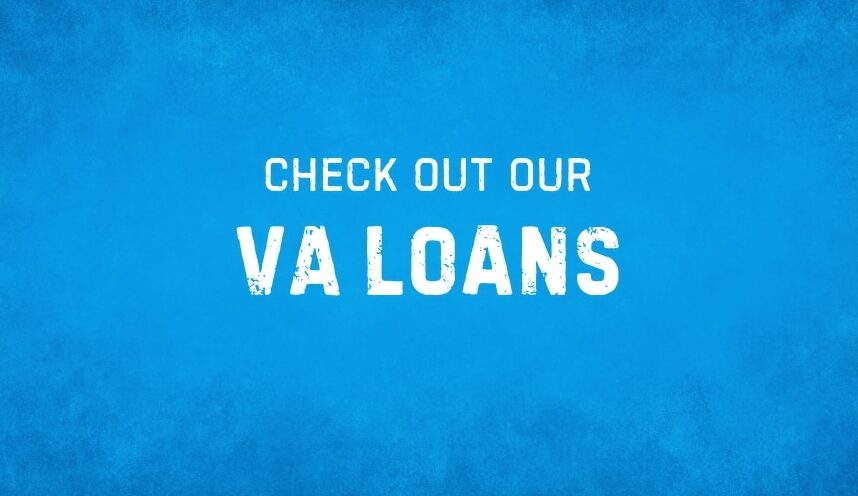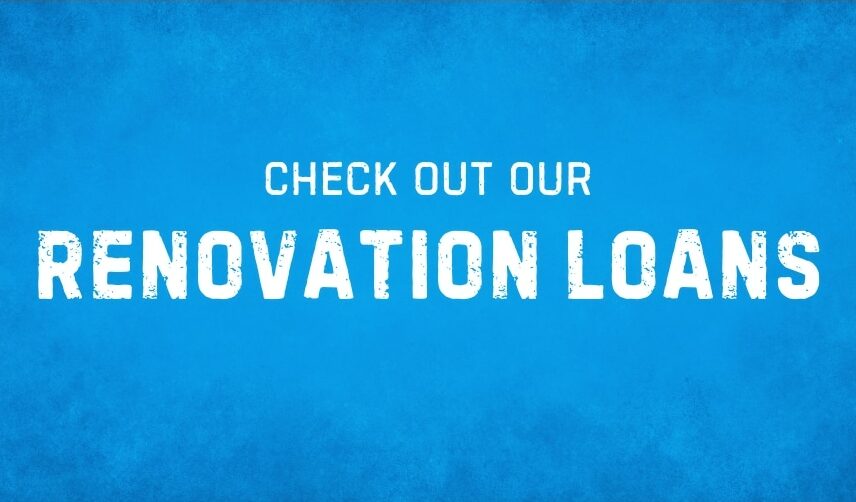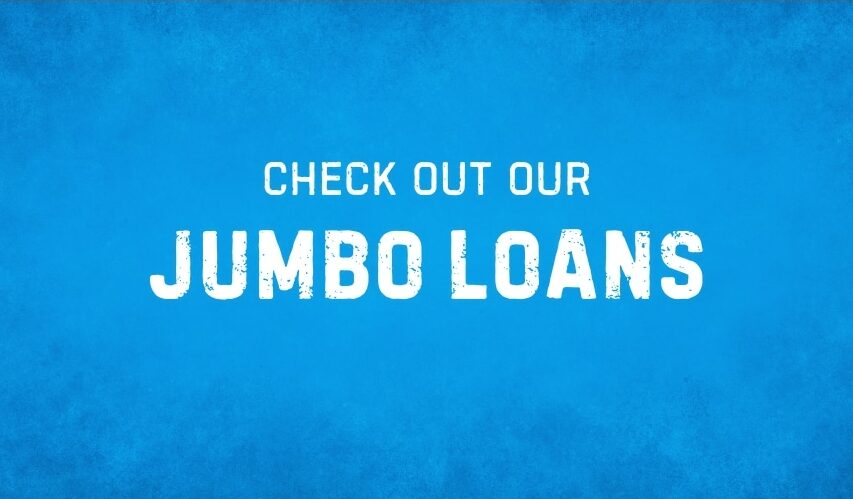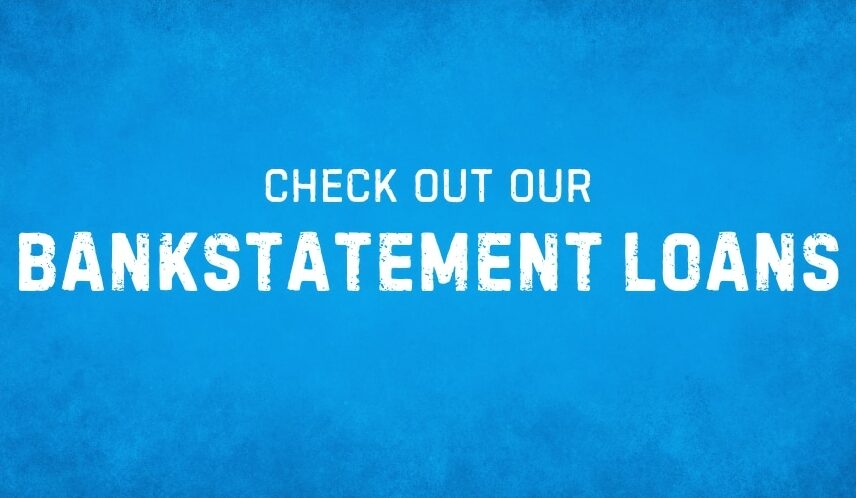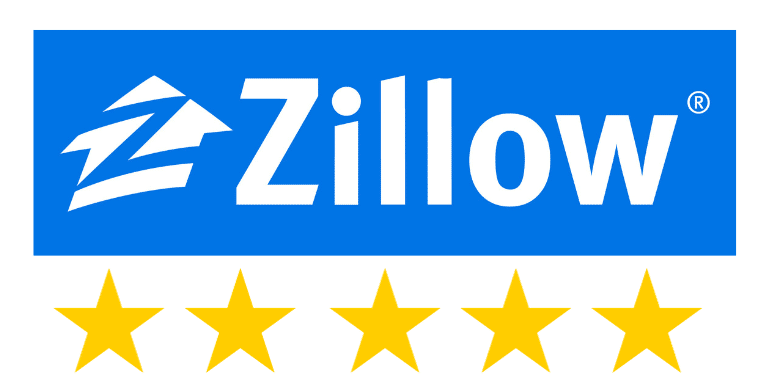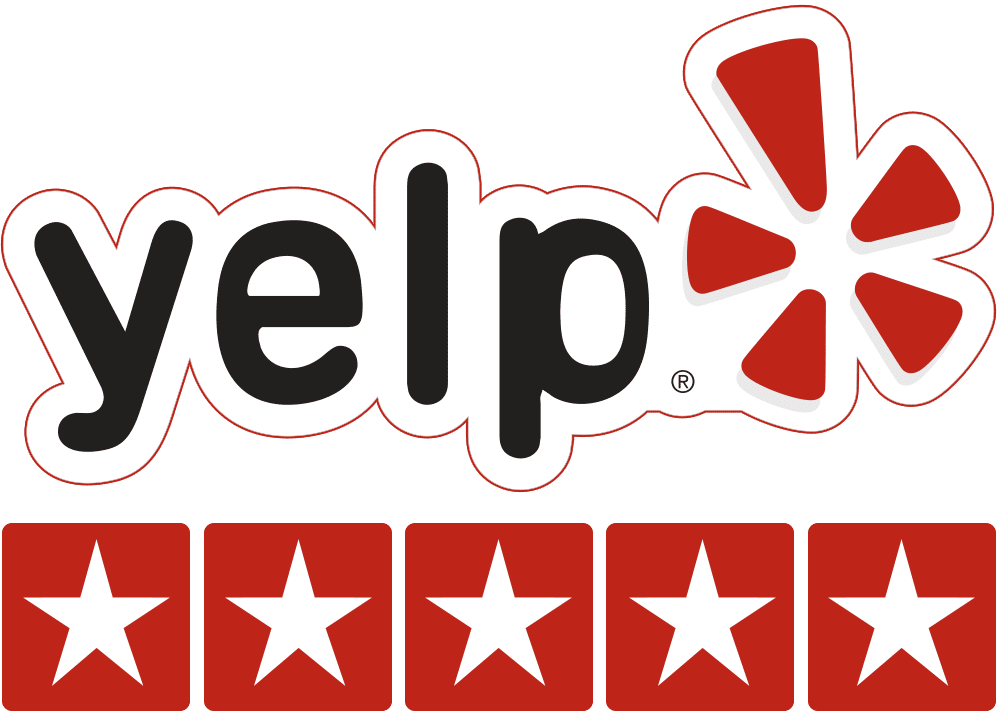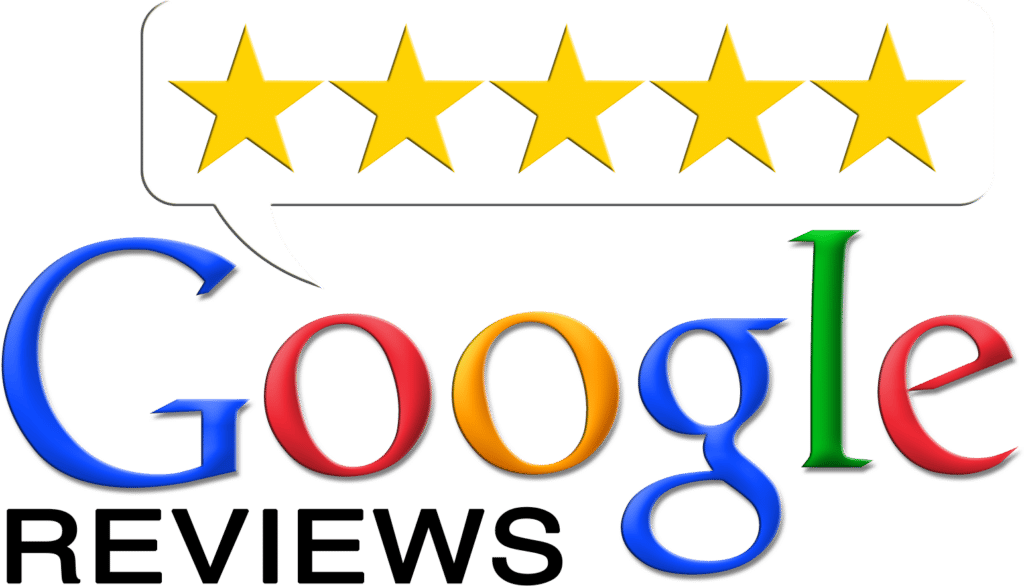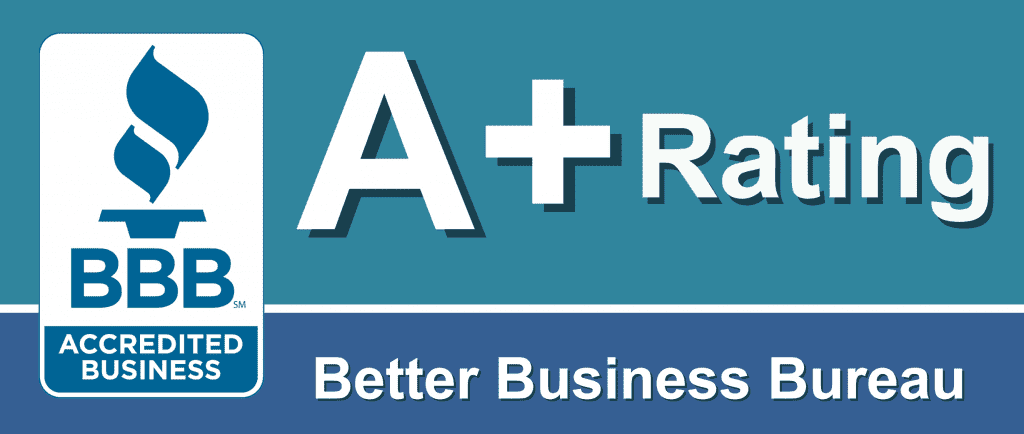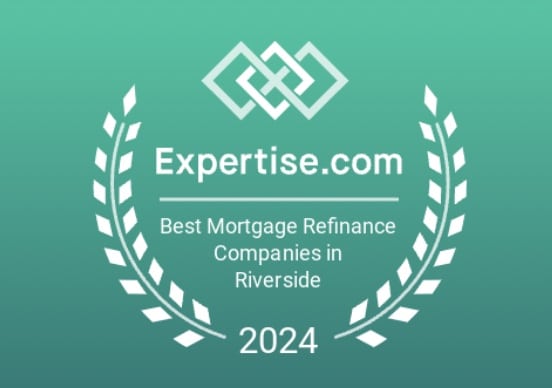
Is An FHA Loan Right For You?
One of the best home loan programs available to consumers is the FHA loan program. Hundreds of thousands of homebuyers and homeowners obtain an FHA home loan each and every year. Most applicants use the FHA loan program to buy a home, but many also use the program to refinance a current mortgage.
Here are the most significant benefits of the FHA home loan program. And if you are a first-time homebuyer, then the FHA home loan program needs to be one of the loan programs you consider.
Flexible credit score options
The flexible credit score options with the FHA home loan program are the best in the industry. While most loan programs (i.e., conforming, jumbo, and bank statement loan programs) have significant increases in interest rates with mid to low-level credit scores, the FHA loan program does not.
If you have a 680 credit score, you will get the same rate as someone with a 780 credit score. I don’t think there is another loan program in any industry, such as car loans or personal loans) that is this flexible.
As you move below the 680 credit score level, some lenders might increase the interest rate. However, the increases will usually be less than those in other loan programs.
Do You have a question or need a quote?
Contact KevinLow rates, fast closings, and exceptional service.
Low down payment
Another huge FHA loan benefit is the low down payment requirement for homebuyers. It’s only 3.5% of the purchase price, that’s it. So if you buy a $400,000 home, that is only $14,000. A lot of money but significantly less than the 20% down payment that is traditionally required.
And it’s never too let to start saving for your down payment. Setting up a down payment for a house fund is much easier than you think.
Down payment gift
Let’s say you have saved enough to put down 2.5% of the purchase price and need a bit more to put down the full 3.5%. What can you do?
FHA offers a simple solution: a down payment gift. This is where a relative (i.e., your sibling, parent, etc.), friend, or even your company “gifts” you the remaining amount needed to get to the 3.5% down payment requirement.
It’s a great way to help loan applicants increase their down payment so that they qualify for FHA’s down payment requirements.
Non-occupying co-borrowers allowed
The FHA home loan program allows for a “non-occupying co-borrower.” What is a non-occupying co-borrower? A non-occupying co-borrower, aka a co-signer on a mortgage, is a person who does not live in the home but will be on the loan application.
This might happen when someone’s debt-to-income ratio is too high and needs additional income to get approved. They can then find someone to go on the loan with them, and that individual does not need to live in the home.
The underwriter will review the credit and income of the non-occupying co-borrower to determine if it’s enough to qualify the original borrower. The non-occupying co-borrower remains on the loan until the primary borrower refinances or sells the property.
Depending on current FHA requirements, the non-occupying co-borrower might not need to be on title.
One to four-unit properties are eligible
FHA home loans are available for Single-Family Residences, Condominiums, and Multi-Unit properties. Essentially, if it’s a 1-4 unit property, you can probably get an FHA home loan. However, FHA will not provide residential funding for mobile homes, and mixed-use and commercial properties are not eligible.
FHA loan no-closing costs
If your loan amount exceeds $300,000, you may be eligible for a no-closing cost FHA home loan. Especially if it’s an FHA Streamline refinance (more on this below).
It’s harder to do a no-closing cost FHA loan on a purchase since the title and escrow fees are much larger on a purchase. So for a purchase, I would estimate a minimum loan amount of $400,000 to be eligible for a no-closing cost FHA home loan. And I am only referring to lender, title, and escrow fees.
The FHA home loan funding fee is not included in this estimation.
Are There Really No Costs?
The costs associated with the closing of the transaction don’t go away under a no-cost home loan. No closing costs home loan just means that someone other than the loan applicant is paying for the closing costs. Costs are paid by issuing a credit to cover the amount due.
FHA loans have low interest rates
Most of the time, FHA loans have lower 30-year fixed rates than conforming home loans. And if you have a 680-700 credit score with a low down payment, it’s almost 100% of the time.
This is a HUGE benefit for homebuyers and homeowners looking for a low rate, especially if they have a low down payment (or little equity) and/or a low credit score.
No pre-payment penalty
This is another big positive for borrowers with FHA loans: there is no pre-payment penalty. So, if you win the lottery, sell the home, or want to refinance due to a sudden stop in mortgage rates, you will not have to pay a pre-payment penalty.
What Is A Pre-Payment Penalty?
A pre-payment penalty is an amount you are required to pay a lender if you pay off your mortgage early. Usually, that early payoff penalty period is limited to three to five years. But since 2008, most home loans do not have a pre-payment penalty.
FHA refinance programs
The FHA loan program has two refinance options. The first is the FHA standard refinance. With this program, you complete the process similar to other refinancing programs offered by Fannie Mae and Freddie Mac.
The second option is one of the best refinance programs in the mortgage industry. It’s called the FHA Streamline Refinance. Here are the benefits of the FHA Streamline Refinance program;
- No appraisal
- No income documentation
- Close in as little as two to three weeks
It’s virtually unbeatable compared to other refinance programs, especially when considering that FHA loan rates are some of the lowest interest rates in the industry. There’s a catch, though, and the catch is this, you must currently have an FHA loan to access the FHA Streamline Refinance program. No exceptions.
Renovation loans
One of the industry’s most popular renovation home loan programs is the FHA 203k home loan program.
There are two main types of FHA renovation loans: “standard” and “limited. ” The standard FHA renovation loan is for bigger projects that require a higher loan amount. The limited FHA renovation loan is for projects that are $35,000 or less.
Not every mortgage lender that offers FHA loan options offers the 203k home renovation loan. Check with your loan officer to see if that’s an option they can offer.
FHA loan energy efficient option
There is an excellent, energy-efficient mortgage option with the FHA. Anyone considering improving the energy efficiency of their property should consider the FHA Energy Efficient mortgage. Per the FHA;
How Much of an Energy Package can Be Financed?
The maximum amount of the energy package that can be added to the borrower’s regular FHA loan amount is the lesser of:
· A cost-effective improvements to be made (energy package) based on the home energy assessment; or
· The lesser of 5 percent of:
- The Adjusted Value;
- 115 percent of the median area price of a Single Family dwelling; or
- 150 percent of the national conforming mortgage limit.
An FHA-approved lender can access FHA’s EEM Calculator to determine the dollar maximum amount that a borrower can finance for energy improvements.
Source
The positive impact of FHA loans
Since 1934 FHA has insured more than forty million home loans.
There is no denying the significant positive impact of the FHA loan program on the mortgage industry. The FHA home loan program is something every homebuyer and homeowner should consider. The program offers the most flexible credit score guidelines and has one of the best refinance programs.

